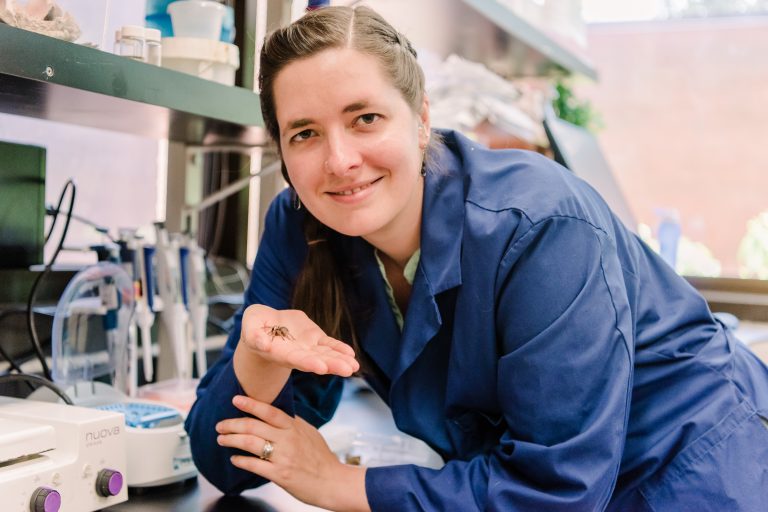Traces of a virus known to infect pigs were found in a 57-year-old Maryland man who survived for two months with a heart transplanted from a genetically altered pig, according to the surgeon who performed the procedure, the first of its kind.
The disclosure highlights one of the most pressing objections to animal-to-human transplants, which is that widespread use of modified animal organs might facilitate the introduction of new pathogens into the human population.
The presence of the virus’s DNA in the patient may have contributed to his sudden deterioration more than a month after the transplant, said the surgeon, Dr. Bartley Griffith of the University of Maryland School of Medicine.
But there was no evidence that the patient developed an active infection with the virus, or that his body had rejected the heart, Dr. Griffith added.
The patient, David Bennett Sr., had been extremely ill before the surgery and suffered numerous other complications after the transplant. He died on March 8.
Dr. Griffith’s revelations about the viral traces found in the patient, made last month during an American Society of Transplantation meeting, were first reported by MIT Technology Review.
The presence of the pig virus and the desperate efforts to defeat it were described by Griffith during a webinar streamed online by the American Society of Transplantation on April 20. The issue is now a subject of wide discussion among specialists, who think the infection was a potential contributor to Bennett’s death and a possible reason why the heart did not last longer.
“We are beginning to learn why he passed on,” said Griffith, who believes that the virus “maybe was the actor, or could be the actor, that set this whole thing off.”
The heart swap in Maryland was a major test of xenotransplantation, the process of moving tissues between species. But because the special pigs raised to provide organs are supposed to be virus-free, it now appears that the experiment was compromised by an unforced error.
The biotechnology company that raised and engineered the pigs, Revivicor, declined to comment and has made no public statement about the virus.




